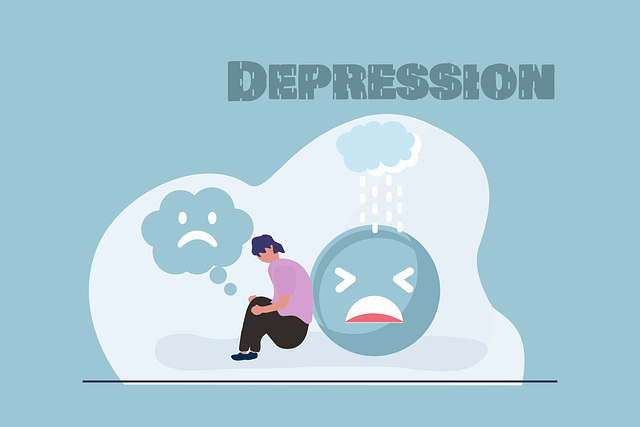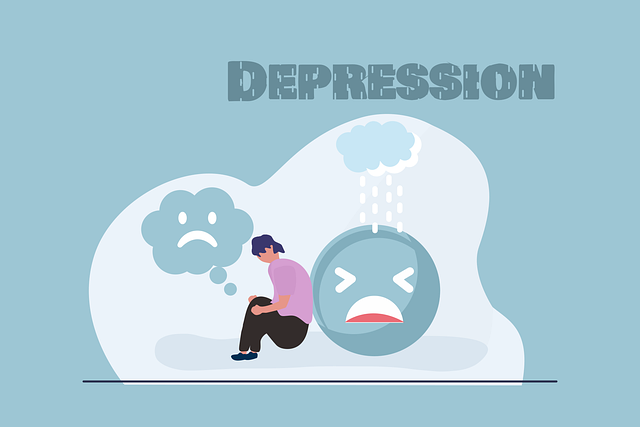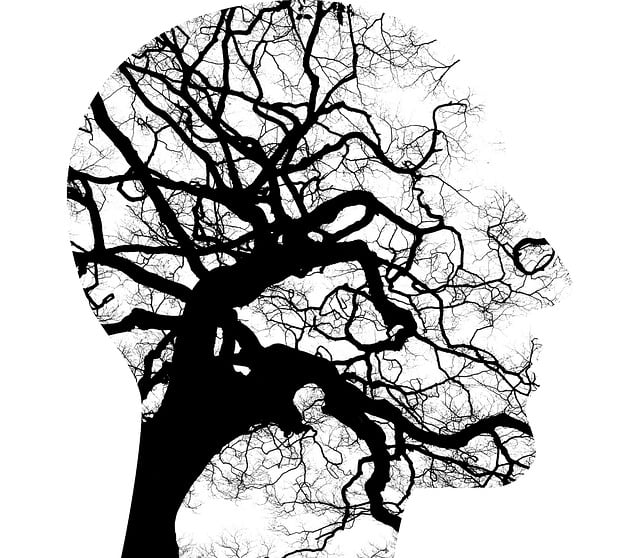The media's portrayal of mental health, particularly gambling issues in young children, significantly impacts societal perceptions and access to care. Accurate, positive media representation reduces stigma and encourages open conversations about mental well-being, while negative portrayals can marginalize vulnerable groups. Media coverage drives policy analysis, leading to better healthcare allocation. Current depictions of child gambling addiction are problematic, normalizing risky behaviors. To address this, specialized therapy for young gamblers is essential, focusing on early intervention, cognitive-behavioral techniques, and destigmatizing professional help-seeking through media platforms. Integrating these strategies aims to create a compassionate society, preventing addiction and improving healthcare outcomes.
Mental illness representation in media significantly impacts public perception and mental health awareness. This article delves into the challenges posed by media portrayals of young children grappling with gambling issues, highlighting the need for positive change. We explore the current state of depiction and offer effective strategies, emphasizing therapy as a crucial solution to reach and support young gamblers effectively. By implementing these measures, we can foster a more nuanced and supportive narrative around mental health in media.
- Understanding the Impact of Media Portrayal on Mental Health Awareness
- The Current State: How Media Often Depicts Young Children with Gambling Issues
- Effective Strategies for Positive Change: A Call for Action
- Therapy as a Solution: Reach and Support Young Gamblers Effectively
Understanding the Impact of Media Portrayal on Mental Health Awareness

The media has a profound impact on shaping societal perceptions and understanding of mental health issues. The way mental illnesses are represented in films, television shows, and news coverage can influence public opinion, affect how individuals with mental health struggles are treated, and even deter people from seeking much-needed therapy for young children gambling or other conditions. Positive media portrayal can foster empathy, reduce stigma, and encourage open conversations about emotional healing processes and mood management. Conversely, negative or inaccurate representations can perpetuate harmful stereotypes, leading to further marginalization of already vulnerable populations.
Media coverage plays a crucial role in driving mental health policy analysis and advocacy by highlighting the scope and impact of various conditions. By presenting realistic and nuanced stories, media outlets can prompt discussions about improving access to quality mental healthcare, especially for at-risk groups. This can ultimately influence legislative changes, better allocation of resources, and more comprehensive Mental Health Policy Analysis, ensuring that everyone, regardless of their background, has the opportunity to heal and thrive.
The Current State: How Media Often Depicts Young Children with Gambling Issues

The current state of media representation regarding young children and gambling issues is concerning, as it often perpetuates harmful stereotypes and lacks nuanced storytelling. In many cases, media portrays young individuals struggling with gambling addiction through a lens of sensationalism, focusing on extreme behaviors and dramatic consequences rather than addressing the underlying complexities. This depiction can be especially damaging when it comes to children, as it may normalize risky behaviors and fail to convey the serious nature of gambling disorder at such a young age.
As a result, there is a pressing need for more accurate and sensitive portrayals in media, especially considering the potential impact on vulnerable viewers. Providing therapy for young children with gambling issues requires specialized approaches tailored to their developmental stage, addressing not just the addiction but also any co-occurring emotional or mental health concerns. Incorporating emotional healing processes and compassion cultivation practices into treatment plans can foster a sense of understanding and resilience in these young individuals. Additionally, media has a role to play in promoting awareness and destigmatization by showcasing recovery stories and highlighting the importance of seeking professional help through mental wellness podcast series production.
Effective Strategies for Positive Change: A Call for Action

To foster positive change in mental illness representation, we must adopt effective strategies that challenge stereotypes and promote accurate, empathetic portrayals. One such approach is integrating therapy for young children into media narratives, addressing a gap often overlooked. Early intervention through therapy can significantly mitigate issues like gambling addiction later in life, emphasizing the importance of nurturing mental well-being from a young age.
Additionally, healthcare provider cultural competency training is pivotal. It equips professionals with the skills to understand and address diverse perspectives on mental health, ensuring inclusive care. Encouraging mind over matter principles through media can also help normalize conversations about mental illness. By adopting these strategies, we can collectively work towards a more compassionate and informed society, preventing burnout among those seeking support and promoting better healthcare outcomes.
Therapy as a Solution: Reach and Support Young Gamblers Effectively

Therapy offers a promising solution to address the challenges posed by mental illness representation in media, especially when targeted at young gamblers. Reach and support are crucial for this vulnerable demographic, as early intervention can prevent gambling addiction from escalating. Therapy for young children with gambling issues should focus on cognitive-behavioral techniques to modify harmful behaviors and thoughts. Mental health professionals play a vital role in conducting risk assessments, identifying underlying causes, and providing tailored interventions.
Effective therapy involves teaching self-awareness exercises to enhance clients’ understanding of their triggers and emotions. Stress management strategies are also integral to helping young gamblers cope with the pressure and anxiety often associated with gambling. By incorporating these approaches, mental health professionals can empower individuals to make healthier choices, recover from addiction, and lead fulfilling lives.
Media representation plays a pivotal role in shaping public perception, especially regarding mental health. The current narrative often portrays young children with gambling issues negatively, contributing to stigma and misunderstanding. However, by adopting effective strategies, such as promoting therapy as a viable solution, we can challenge these depictions and foster positive change. Encouraging open conversations about mental illness and supporting specialized treatments like therapy for young children struggling with gambling can lead to better outcomes and increased awareness in society. It’s time to embrace a more accurate and compassionate representation of mental health in media.














